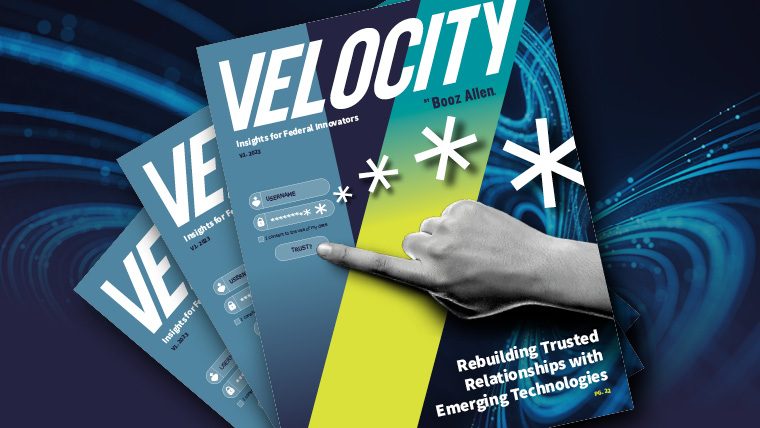The government leaders and organizations who are best situated to make a difference in the climate crisis—and who bear the most responsibility for dealing with its impacts—are increasingly finding themselves overwhelmed by vast and constantly growing quantities of new and existing climate-relevant data that, taken as a whole, represent the world’s natural and built environments. Turning to the technology marketplace to help solve this challenge, agencies are faced with many possible products and approaches—but no one, clear “best” way—for integrating this incredibly valuable data and making it actionable.
On the surface, these problems may seem like good ones to have—too much data and a surplus of credible technical approaches for understanding it all—but in practice, they can stand in the way of taking timely, evidence-based, science-driven action toward better predicting and protecting against the multi-sectoral, cascading impacts of climate change.
Presenting at the Google Government Summit in Washington, DC, Booz Allen senior leaders Katie Hermosilla and Prachi Sukhatankar outlined a vision to overcome these barriers by building and leveraging a Climate Data and Intelligence Ecosystem in partnership with Google Public Sector. The summit brought together industry and federal, state, and local government leaders to explore how technology is helping advance missions that improve lives across the nation and around the world. Here are a few key themes from Booz Allen’s session.





